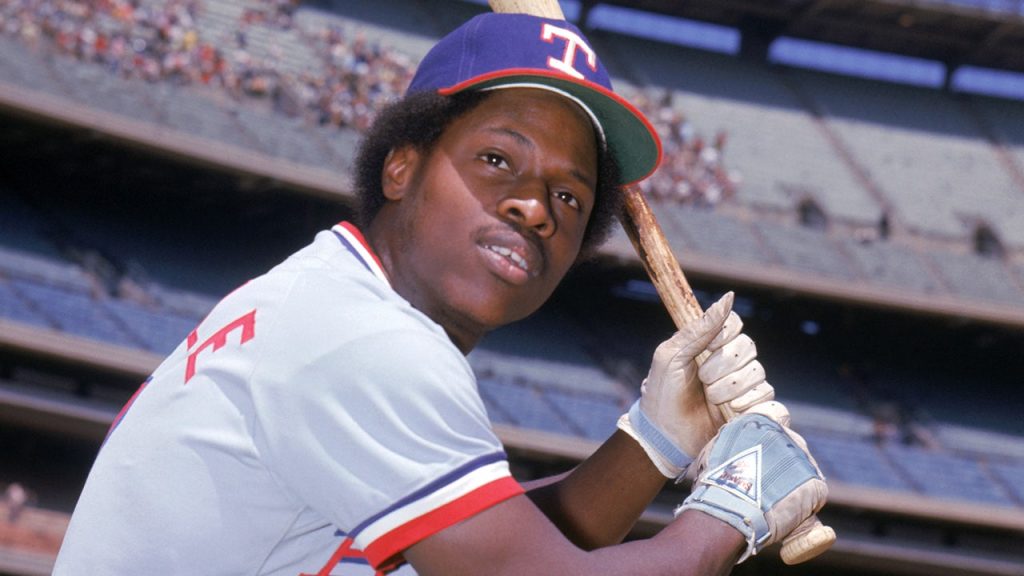Lenny Randle, a former Major League Baseball infielder whose career spanned 12 years and five teams, passed away at the age of 75. The Seattle Mariners, where Randle spent his final two seasons, announced his death. While Randle’s career was marked by a .257 batting average and 322 RBIs, punctuated by a strong 1974 season that earned him American League MVP consideration, his time in baseball was also defined by several controversial incidents that often overshadowed his on-field performance. His legacy, therefore, remains a complex mix of talent and turbulence.
Randle began his MLB journey with the Washington Senators, the franchise that would later become the Texas Rangers, in 1971. He subsequently played for the New York Mets, the New York Yankees, and the Chicago Cubs before landing in Seattle. His most statistically impressive year came in 1974 with the Rangers, hitting .302 with 17 doubles and four triples. However, that same year, he was involved in a now-infamous on-field altercation that contributed to one of baseball’s most notorious events.
During a game against the Cleveland Indians, Randle, after having a ball thrown behind him, deliberately collided with Indians pitcher Milt Wilcox while bunting. This sparked a bench-clearing brawl. The incident is widely believed to have been a contributing factor to the infamous “Ten Cent Beer Night” riot that took place just days later at Cleveland Stadium, a night marked by fan violence and chaos. This event permanently etched Randle’s name into baseball lore, although not for positive reasons.
The following spring training, Randle clashed with Rangers manager Frank Lucchesi. The altercation stemmed from allegations that Lucchesi had referred to Randle as a “punk.” The conflict escalated into a physical confrontation, leading to Randle being charged with assault, to which he pleaded no contest, and facing a lawsuit from Lucchesi. This incident effectively sealed Randle’s departure from Texas, resulting in a trade to the New York Mets.
Another controversial moment occurred in 1981 while Randle was playing third base for the Mariners. Kansas City Royals outfielder Amos Otis hit a slow roller down the third base line. In an unusual and desperate attempt to influence the ball’s path, Randle got down on his hands and knees and blew on the ball, trying to force it foul. While the ball did go foul, Otis was awarded first base after a protest. The incident, though arguably less serious than his previous controversies, further solidified Randle’s reputation for unconventional and sometimes contentious behavior.
Despite these incidents, Randle continued to pursue his passion for baseball. After his major league career ended, he played in Italy before joining a senior league. While his career was undeniably marked by controversy, his passing prompted tributes from organizations such as the Seattle Mariners and the Baseball Hall of Fame, acknowledging his place in the history of the sport. Lenny Randle’s baseball story is a complex one, a narrative woven with both talent and turbulence, leaving behind a multifaceted legacy open to interpretation. His death marks the end of a chapter in baseball history that, for better or worse, will not soon be forgotten.

